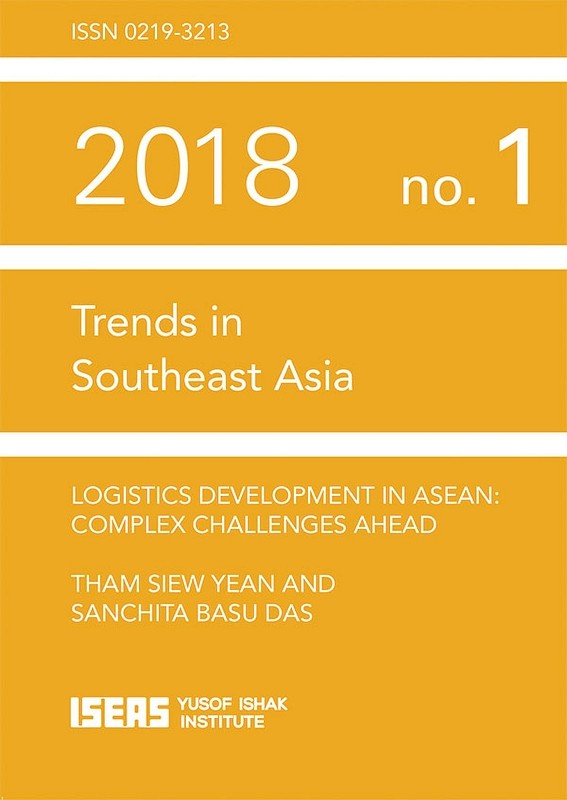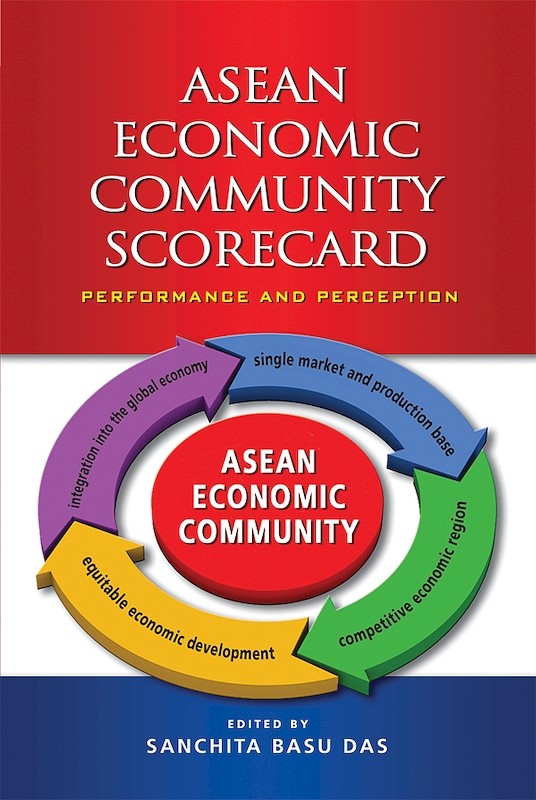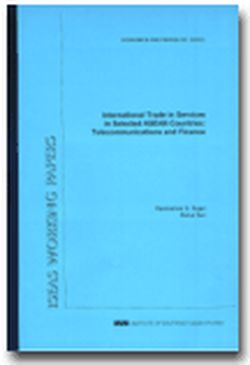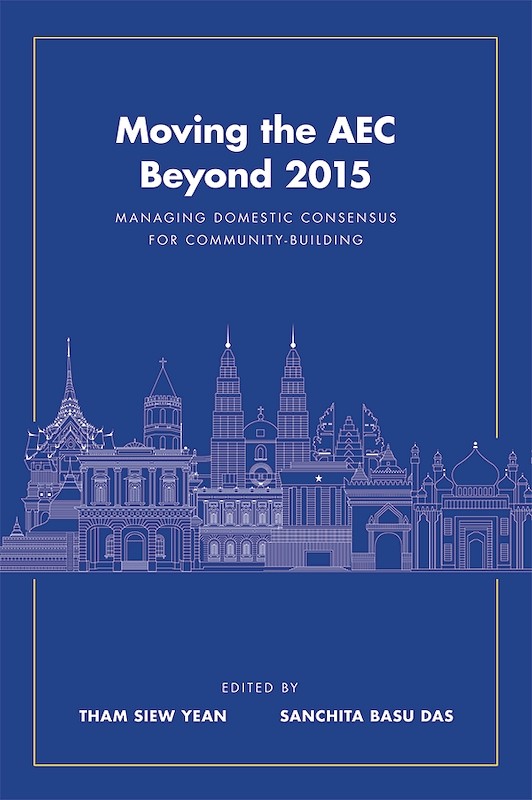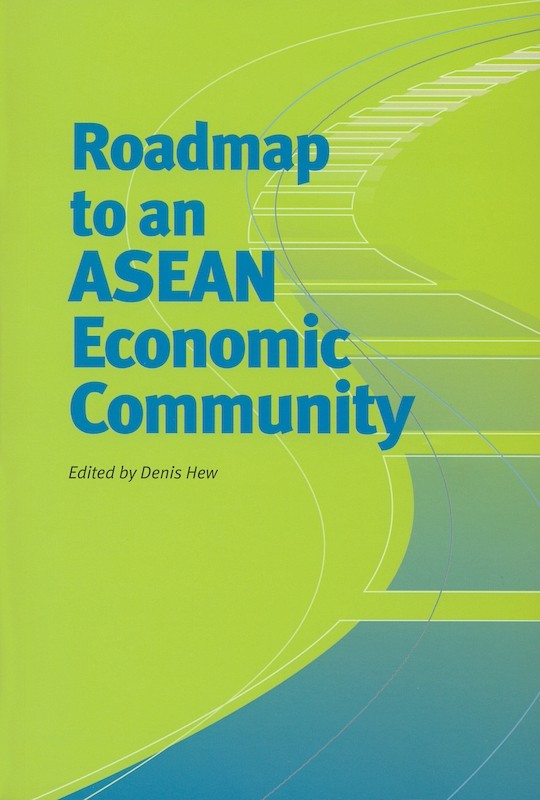Services Liberalization in ASEAN: Foreign Direct Investment in Logistics
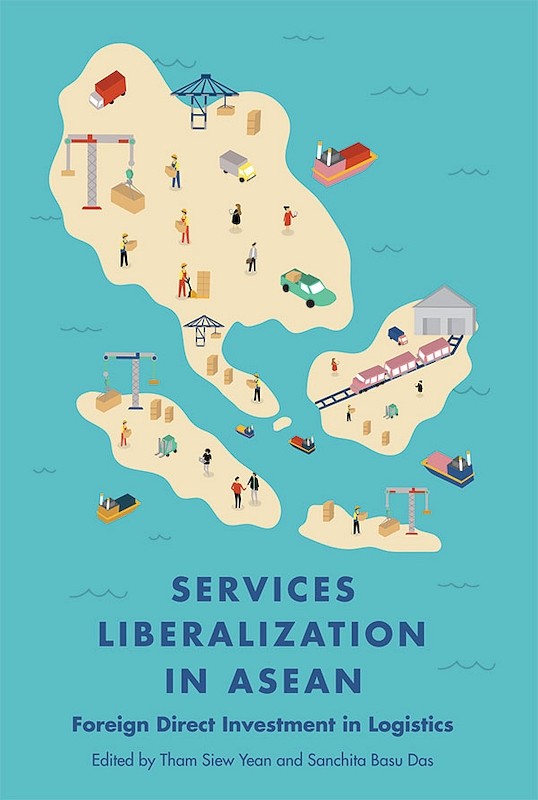
Date of publication:
2017
Publisher:
ISEAS – Yusof Ishak Institute
Number of pages:
375
Code:
PIC253
Soft Cover
ISBN: 9789814786188
Reviews
Rashesh Shrestha, Asian-Pacific Economic Literature, 2019.
Overall, the book will be useful to anyone who is interested in in-depth information on the status of services liberalisation, especially the logistics sector, in each AMS. The book provides a picture of a sector beset by intrinsic complexity that is compounded by regulatory hurdles. In addition to the common thread of institutional reform, the book is able to highlight some country-specific issues that need special attention. Brunei's small domestic market, Lao People's Democratic Republic's (PDR) land-locked position, and Singapore's limited labour force are some examples of issues that need to be addressed while further developing the logistics subsector. Likewise, infrastructure remains a bottleneck for Cambodia, Lao PDR, and Myanmar. These discussions will be useful for readers interested in particular AMSs."
About the publication
The services sector plays an important role in ASEAN economies as it accounts for about half of the regions GDP and more than 45 per cent of its total employment. ASEAN aspires to deepen integration in the services sector in order to enhance the sectors contribution to economic development and growth in each country. Despite this, services liberalization has progressed slowly compared to goods liberalization both at the multilateral and the regional levels. Different regulatory mechanisms across countries have contributed to the slow pace of liberalization.
Logistics is an important industry in the services sector. The integration of logistics is important for deepening economic integration in ASEAN as it facilitates the movement of goods, services and people within and across countries, among producers and from producers to consumers. In view of its importance, ASEAN has identified logistics as one of its priority integration sectors. It has also developed a Connectivity Master Plan and a Strategic Transport Plan, where logistics plays an important role.
This book examines the current state of services liberalization in the ten ASEAN economies. It also assesses the FDI enabling environment and the extent of FDI liberalization in the logistics sector as well as the liberalization challenges encountered in each of the ASEAN economies. The book, thus, provides a comparative picture of services liberalization as well as the state of logistics liberalization and development in each of the ten ASEAN member countries. All these have important bearings on deepening ASEAN economic integration for 2025 and beyond.
Contents
-
Services Liberalization in ASEAN: Foreign Direct Investment in Logistics
[Whole Publication, ISBN: 9789814786256], by Tham Siew Yean, Sanchita Basu Das, editors -
Preliminary pages
-
1. Introduction, by Tham Siew Yean, Sanchita Basu Das, authors
-
2. Reforming Indonesia's Logistics Sector, by Titik Anas, Nur Afni Panjaitan, authors
-
3. FDI Liberalization in Malaysia's Logistics Services, by Tham Siew Yean, author
-
4. Logistics Services Liberalization in the Philippines, by Gilberto Llanto, author
-
5. Services Sector Liberalization in Singapore: Case of the Logistics Sector, by Sanchita Basu Das, Evelyn Peiqi Ooi Widjaja, authors
-
6. Logistics Services Liberalization in Thailand, by Pridi Banomyong, author
-
7. Services Liberalization in Vietnam: The Case of FDI in Logistics Sector, by Nguyen Anh Thu, Vu Thanh Huong, Nguyen Thi Minh Phuong, authors
-
8. Services Liberalization: Case of Logistics in Brunei, by Tham Siew Yean, author
-
9. FDI, Services Liberalization and Logistics Development in Cambodia, by Chheang Vannarith, author
-
10. Services Liberalization in Lao PDR: FDI in Logistics Sector of a Land-linked Country, by Phanhpakit Onphanhdala, Vanvisa Philavong, authors
-
11. Facilitating FDI for the Logistics Sector in Myanmar: Agency, Incentives, and Institutions, by Min Ye Paing Hein, Pridi Banomyong, authors
-
Index

